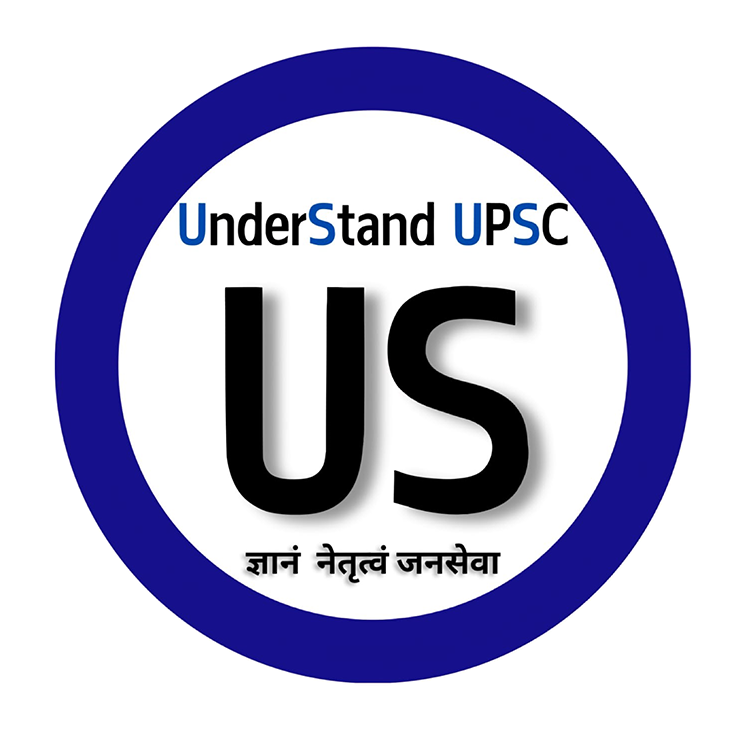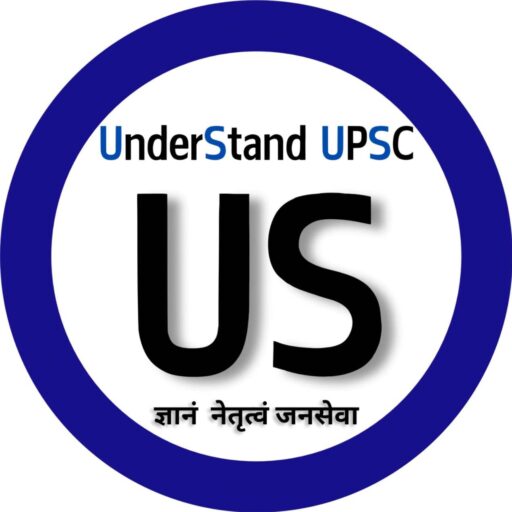Introduction
Birsa Munda (1875–1900) is remembered as one of India’s most significant tribal freedom fighters. He led the Munda Rebellion between 1899 and 1900, a landmark tribal uprising against British rule and exploitative colonial land policies. His movement, known as Ulgulan or the “Great Tumult”, became a defining moment in the assertion of tribal identity, land rights, and resistance to colonial oppression.
His birth anniversary, 15 November, is observed as Janjatiya Gaurav Diwas and also marks the foundation day of Jharkhand. His ideas continue to inspire tribal rights movements in contemporary India.
Early Life
Birsa Munda was born on 15 November 1875 in the Khunti region of present-day Jharkhand, belonging to the Munda tribe of the Chotanagpur Plateau. His childhood was shaped by the growing hardships faced by Adivasi communities under British rule.
British authorities introduced the zamindari system, displacing the traditional Khuntkatti system of communal land ownership. As a result, large sections of tribal communities were forced into landlessness, bonded labour, excessive rents, and frequent exploitation by moneylenders and landlords.
Religious Movement – The Birsait Faith
Birsa began his schooling in Salga and later attended a German Mission School after converting to Christianity. Soon recognising that conversion and education were used to dilute tribal identity, he left the mission school and created a distinct socio-religious movement known as Birsait.
Key Features of Birsait Movement
• Emphasis on returning to indigenous traditions and rejecting forced conversions
• Assertion of tribal identity and unity
• Teachings on resisting colonial exploitation
• Followers (Birsaits) viewed the British as oppressors
• Focus on moral reform and abandoning social evils
Birsa became known as Dharti Aba (Father of the Earth) among his followers.
Birsa Munda’s Role in the Freedom Struggle
Munda Rebellion (Ulgulan): 1899–1900
The Ulgulan was a major tribal uprising led by Birsa Munda against British rule. It emerged in response to oppressive land settlement systems and strict Forest Laws, which restricted access to traditional forest resources.
Major Aspects of the Rebellion
• Organised resistance to exploitative land and forest policies
• Attacks on symbols of colonial authority and landlords
• Mobilisation of tribal communities for self-governance
Birsa articulated the idea of “Munda Raj”, a vision of autonomous tribal rule free from British interference.
Vision of Self-Rule
His famous slogan, “Abua raj seter jana, maharani raj tundu jana” (Let our rule prevail, let the Queen’s rule end), captured the essence of tribal self-determination.
Advocate of Tribal Land Rights
Birsa’s movement strengthened demands for restoring traditional land rights. His efforts influenced the enactment of the Chotanagpur Tenancy Act, 1908, which restricted the transfer of tribal land to non-tribals and recognised community control over land and forest resources.
Capture and Death
Birsa Munda was arrested by the British in March 1900. He died under mysterious circumstances in Ranchi Jail on 9 June 1900 at the age of 25, marking the end of the rebellion but not the end of his influence.
Legacy of Birsa Munda
Commemoration and Recognition
• 15 November celebrated as Janjatiya Gaurav Diwas
• Jharkhand state formed on his birth anniversary (2000)
• Ranchi hosts a dedicated museum honouring his life and contributions
Influence on Policy and Governance
• Birsa’s struggle continues to shape India’s tribal rights discourse
• The government’s PM-JANMAN (PM Janjati Adivasi Nyaya Maha Abhiyan) aims to uplift Particularly Vulnerable Tribal Groups, reflecting his vision of justice and empowerment




